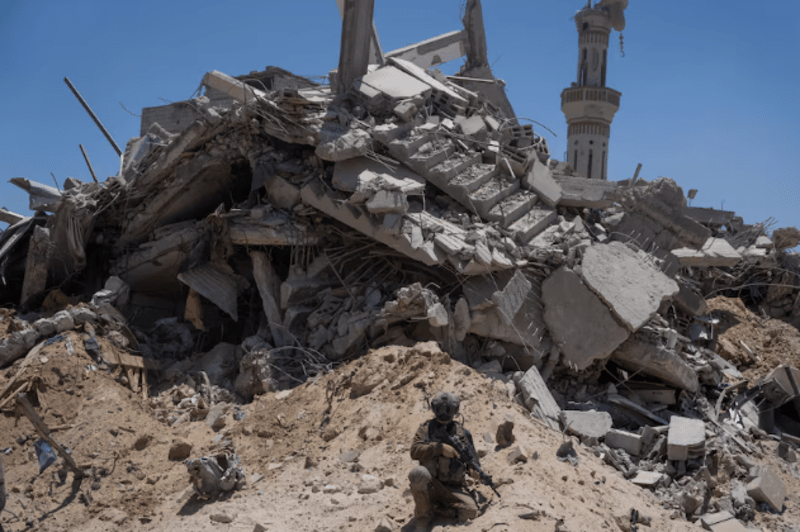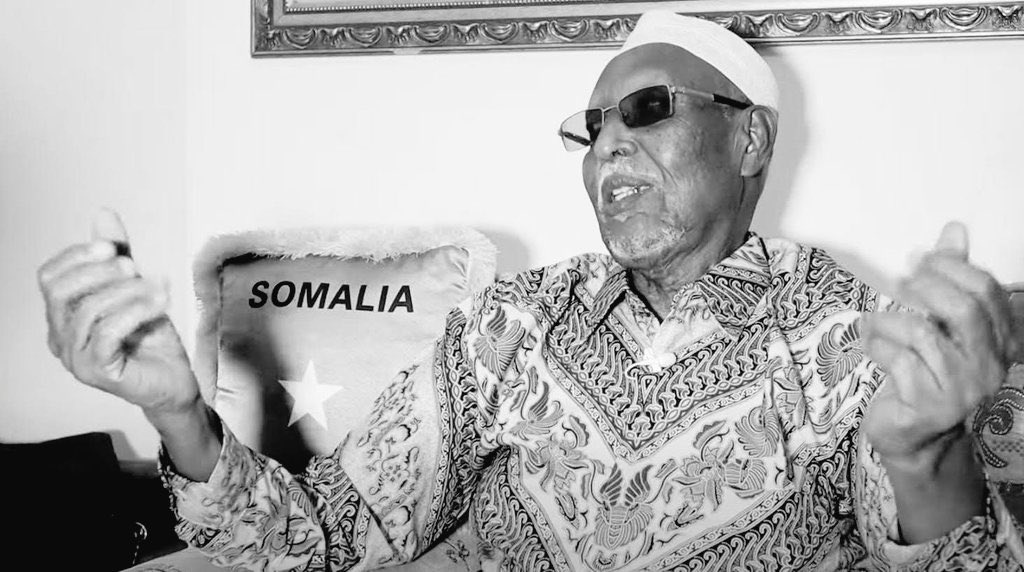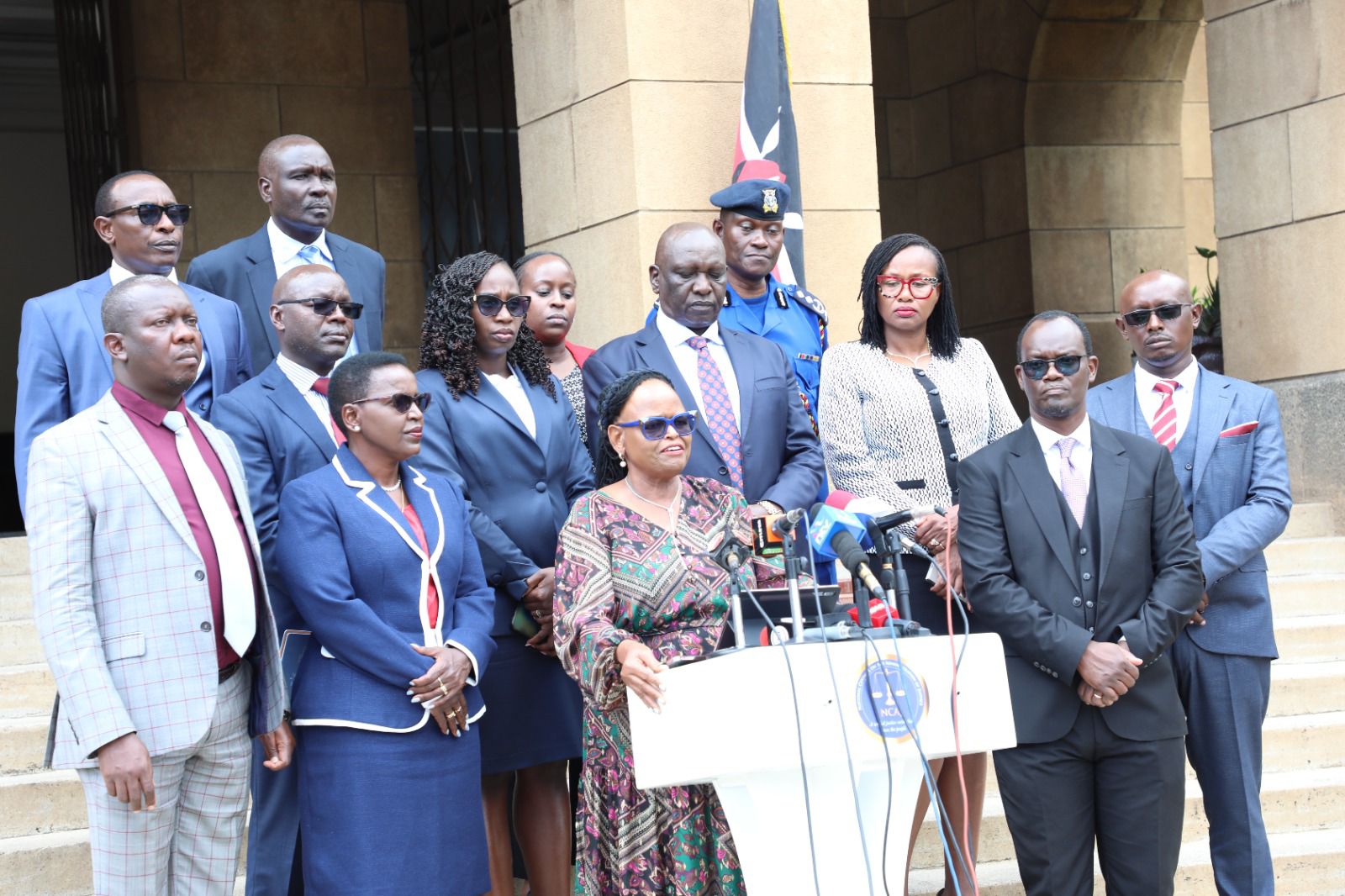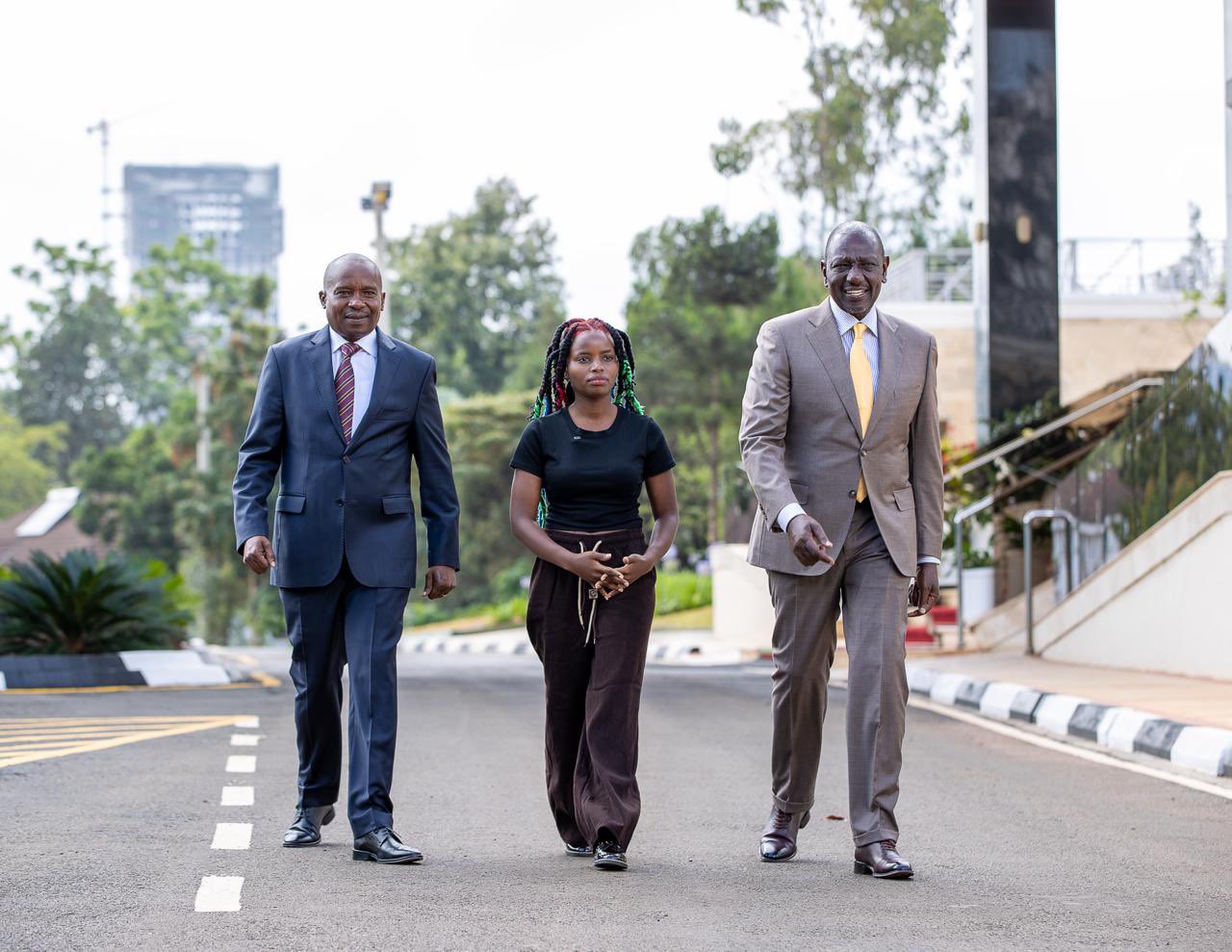Hamas says it's waiting for Israeli response on Gaza ceasefire proposal

Hamas is waiting for a response from Israel on its ceasefire proposal, two officials from the group said on Sunday, five days after it accepted a key part of a US plan aimed at ending the nine-month-old war in Gaza.
"We have left our response with the mediators and are waiting to hear the occupation's response," one of the two Hamas officials told Reuters, asking not to be identified.
More To Read
- Hamas accuses Israel of ceasefire breach after top commander Raed Saad killed
- 139 nations back UN General Assembly call for Israel to respect UN sites, international law
- Deep concerns for Palestinians amid intense Israeli raids in occupied West Bank
- Maternal and newborn health in crisis as millions born in conflict zones, Save the Children warns
- Gaza faces humanitarian disaster with thousands trapped in flooded camps
- Ghana expels three Israelis over Ben Gurion Airport detentions
Israeli Prime Minister Benjamin Netanyahu was scheduled to hold consultations on Sunday on the next steps in negotiating the three-phase plan that was presented in May by US President Joe Biden and is being mediated by Qatar and Egypt.
It aims to end the war and free around 120 Israeli hostages being held by Hamas.
Another Palestinian official, with knowledge of the ceasefire deliberations, said Israel was in talks with the Qataris.
"They have discussed with them Hamas' response and they promised to give them Israel's response within days," the official, who asked not to be identified, told Reuters on Sunday.
Netanyahu has said that negotiations would continue this week but has not given any detailed timeline.
Hamas has dropped a key demand that Israel first commit to a permanent ceasefire before it would sign an agreement. Instead, it said it would allow negotiations to achieve that throughout the six-week first phase, a Hamas source told Reuters on Saturday on condition of anonymity because the talks are private.
A Palestinian official close to the peace efforts has said the proposal could lead to a framework agreement if embraced by Israel and would end the war.
US Central Intelligence Agency Director William Burns will travel to Qatar this week for negotiations, a source familiar with the matter said.
On Sunday, an Israeli airstrike killed Ehab Al-Ghussein, Palestine's deputy minister of labour, and three other people at a church-run school in western Gaza City sheltering Christian and Muslim families, Palestine media and the Civil Emergency Service said.
The Israeli military said that after it took steps to minimise the risk of civilians being harmed there.
Ghussein's wife and children had been killed in an Israeli strike in May.
The UN agency for Palestinians, UNRWA, called the situation increasingly tragic, saying in a post on X, "families continue to face forced displacement, massive destruction and constant fear. Essential supplies are lacking, the heat is unbearable, diseases are spreading".
Protests in Israel
Other Topics To Read
In Israel, protesters took to the streets across the country to pressure the government to agree to the Gaza ceasefire deal, which would bring back 120 hostages still being held in Gaza.
They blocked rush hour traffic at major intersections across the country, picketed politicians' houses and briefly set fire to tyres on the main Tel Aviv-Jerusalem highway before police cleared the way.
Meanwhile, fighting continued to rage across Gaza, and north Israel came under rocket attack from Iran-backed Hezbollah in Lebanon.
Air raid sirens sent residents of 24 Israeli towns running for shelter. One person was seriously wounded, police said. Hezbollah said it had fired rockets at an army base.
In Gaza, Palestinian health officials said at least 15 people were killed in separate Israeli military strikes
An Israeli air strike on a house in the town of Zawayda, in central Gaza, killed at least six people and wounded several others, while six others were killed in an air strike on a house in western Gaza, the health officials said.
Gaza's health ministry does not distinguish between combatants and non-combatants but officials say most of the dead throughout the war have been civilians. Israel has lost 323 soldiers in Gaza and says at least a third of the Palestinian dead are fighters.
In central and northern areas of Rafah, on the southern Gaza border with Egypt, Israeli tanks deepened their raids.
Health officials there said they had recovered three bodies of Palestinians killed by Israeli fire in the eastern part of the city.
The Israeli military said on Sunday its forces had killed 30 Palestinian gunmen in Rafah during close combat and air strikes in the past day.
Top Stories Today















































